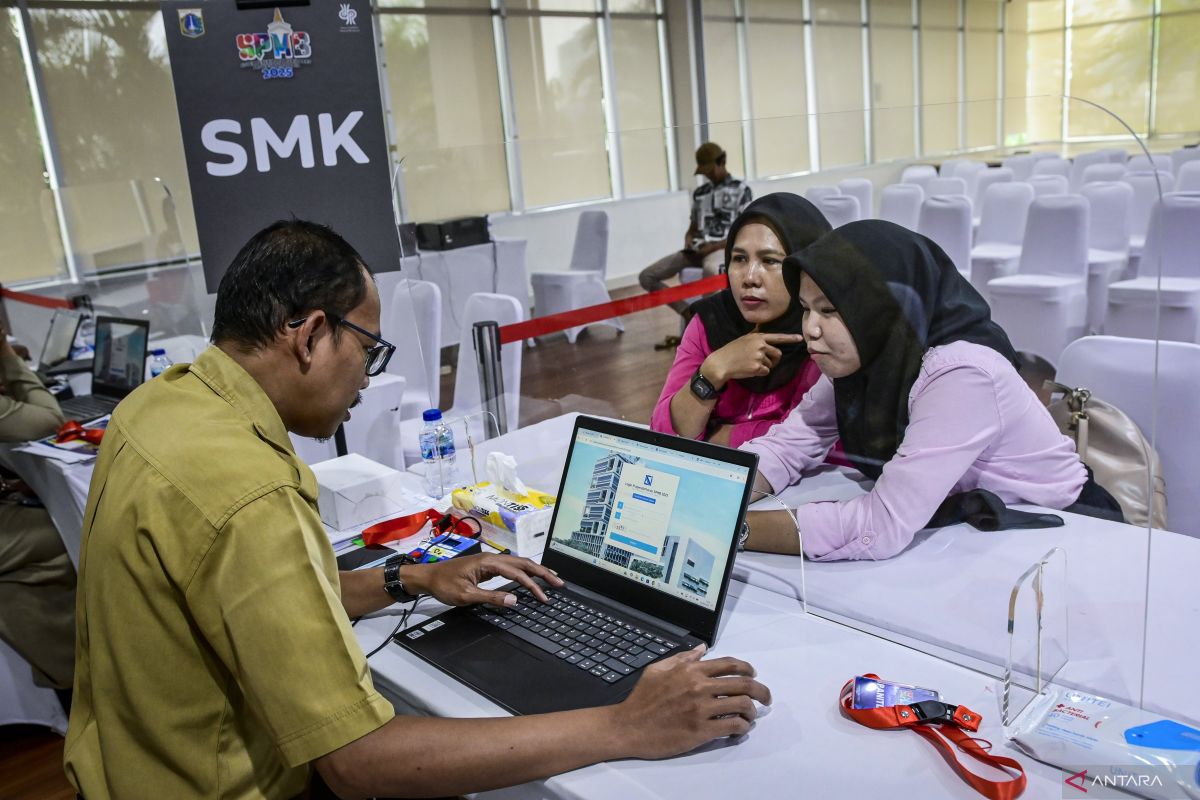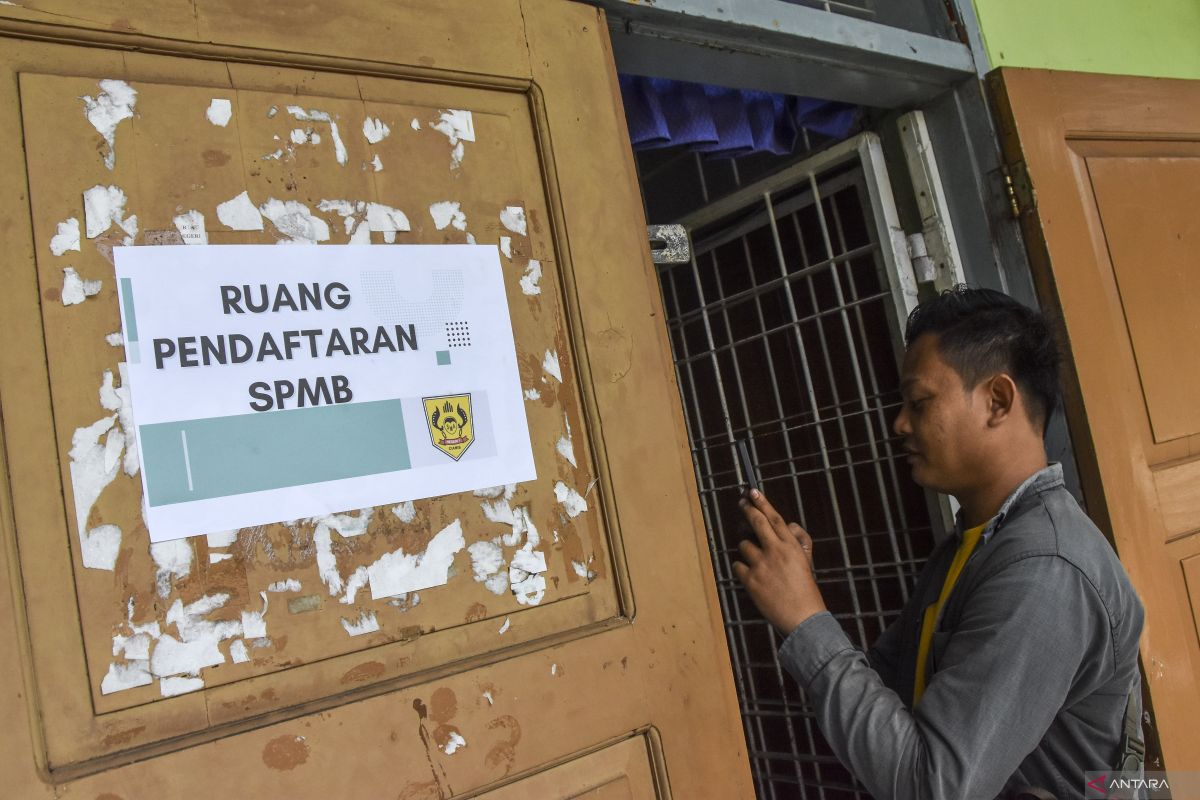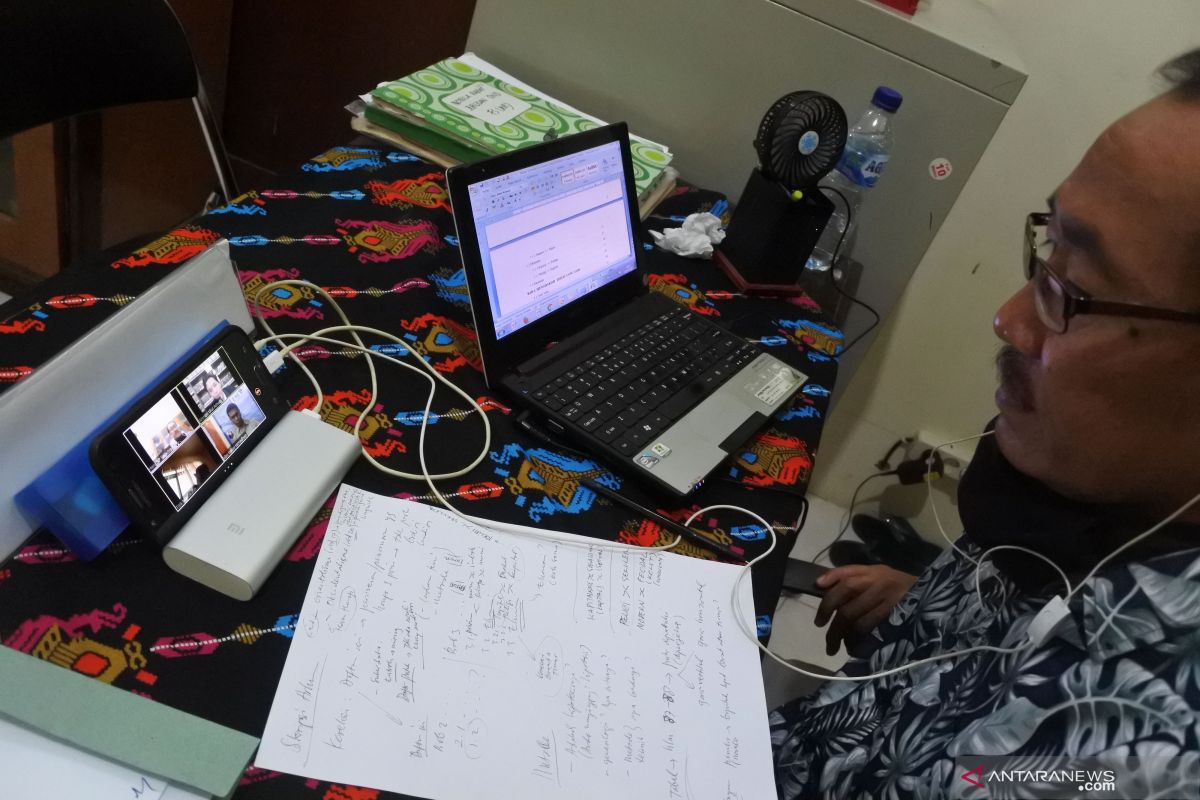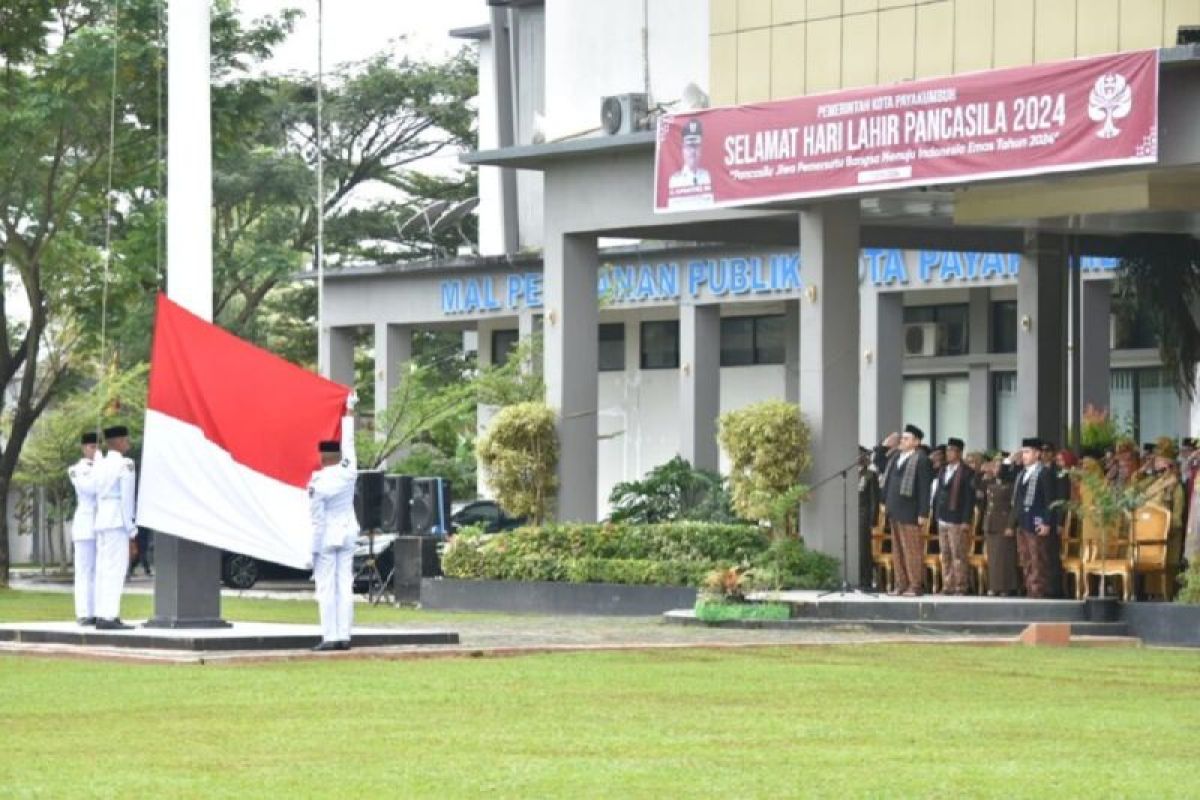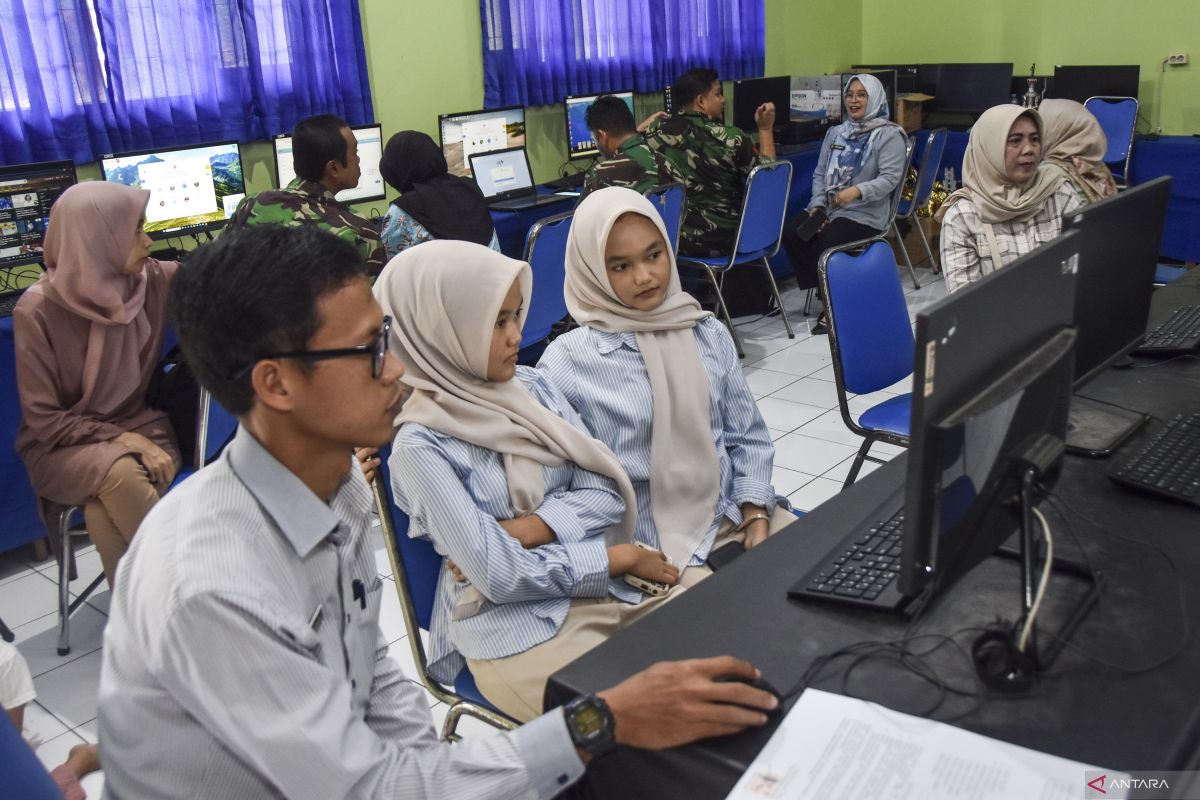When England defender Jess Carter revealed she had been subjected to a barrage of racist abuse on social media during the UEFA European Women’s Championship, it exposed a stark reality: the women’s game is thriving on the pitch, yet it remains deeply vulnerable to discrimination and online abuse off it.
Carter’s decision to step away from her own social media accounts highlighted both her vulnerability and the support she received from England Head Coach Sarina Wiegman, her teammates, and The Football Association.
Within hours of her statement, the FA had engaged UK police and had begun to collaborate with social media companies to trace those responsible – demonstrating an impressively swift and decisive response.
In October 2023, the Online Safety Act became law, ensuring social media platforms have a duty to protect users from content such as racist abuse. Platforms have a responsibility to identify and remove harmful content including all forms of hate speech - with Ofcom responsible for enforcing the legislation
At its core, the fight against racism in football is also a struggle for social justice and human rights.
Women constitute roughly 50 percent of the UK population - collectively a formidable constituency capable of driving cultural change.
England defender Jess Carter revealed she had been subjected to a barrage of racist abuse
She announced the news on Sunday and said she would be stepping back from social media
The women's game is thriving, yet it remains vulnerable to discrimination and online abuse
The unwavering support shown by Wiegman, her backroom staff, and the Lionesses squad for Jess Carter illustrates how leadership and community can create a 'safe space' for victims, affirming that togetherness is a powerful counterweight to hatred.
But solidarity must extend beyond England’s camp. Earlier this season, Jamaican international and Manchester City striker Khadija Shaw, fresh from a record-breaking campaign, endured similarly vile online attacks despite her status as a role model both in the Women’s Super League and her homeland.
The strength of condemnation that followed from club, teammates and fans alike showed that confronting prejudice is vital.
The nature of abuse has evolved. My generation often faced racist abuse face-to-face; on the pitch, in the terraces, on the streets - today’s players endure 24/7 digital onslaughts.
Yet the principle is unchanged: those responsible must be pursued with every conceivable vigour, subjected to the most serious sanctions available and denied any refuge in anonymity. Zero tolerance cannot be a slogan—it must be a legal and cultural imperative.
Allowing racism to normalise in the women’s game would betray its remarkable growth. As grassroots participation surges, welcoming girls of all ethnicities and backgrounds, the duty of care to protect them - and to provide clear pathways into coaching and administration - is paramount for long-term sustainability.
We must learn from the men’s game, where three generations of potential coaches and executives were lost: despite black players accounting for 43 percent of Premier League and 38 percent of EFL squads, only 4.4 percent of coaches and 1.6 percent of administrators are black. Such underrepresentation is deeply concerning.
Professional football club’s charitable arms already harness the sport’s reach in order to challenge racial and gender discrimination across society.
The unwavering support shown by Wiegman, her backroom staff, and the Lionesses squad for Carter illustrates how leadership and community can create a 'safe space' for victims
Several Lionesses fans also showed their support for Carter at Tuesday's semi-final
Carter's experience highlights the need for equality, diversity, and inclusion to be embedded not only in club culture but, also in the governance frameworks that shape football’s future
Equality and inclusion training must be mandatory across all sectors - Charlton Athletic’s highly regarded inclusion training exemplifies this, providing powerful insights that promote inclusion and respect. To future-proof the next generation, anti-discrimination and anti-racism education should also be woven into the national curriculum.
Racism in football casts a long, damaging shadow – it is deep rooted, corrodes society, and must be met with zero tolerance backed by firm sanctions. As the Lionesses themselves rightly demand: 'those behind this online poison must be held accountable'.
The racist abuse directed at Carter intensifies and further strengthens the urgent need for stronger accountability measures within football, highlighting why the establishment of an independent football regulator is so critical.
Her experience highlights the need for equality , diversity, and inclusion to be embedded not only in club culture but, also in the governance frameworks that shape football’s future.

 2 months ago
20
2 months ago
20

































